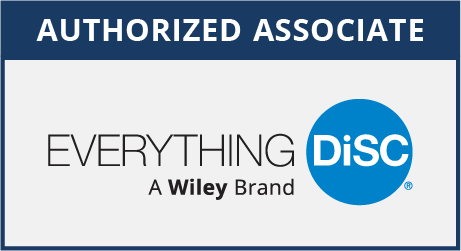The Job Offer
Make sure you clearly understand the following items in the offer and that they meet the needs of your financial realities, your career aspirations, and your personal lifestyle expectations.
Official job title
Job Responsibilities
Salary, type of compensation
Pay frequency
Benefits
Relocation, Sign-on bonus, other perks
Start date
Work address
Reporting Structure
Research
Understand your value to the employer
Talk to people at or previously at the employer
Investigate salaries for the area and for the industry
Sources: BLS, Glassdoor, Salary.com, Payscale.com, LinkedIn, Indeed
Caution, don’t over inflate the role or your experience
Evaluate the whole offer, not just the salary
The Salary Question
Delay discussion until there is a commitment to you
Prepare responses that focus on your interest in the job
If pushed, share a range, but reinforce the fact that you are open to a competitive overall offer inclusive of benefits, additional perks, job title and level, and the employment environment
Know you can negotiate the offer given to you
Negotiation Guidelines
Express strong interest in the company and job
Ask for a extra time to consider the terms of the offer
Begin negotiations with the items of consensus; save the hardest for last
Do it in person
Stay away from extremes
If you can’t negotiate for the present, negotiate for the future
Ask for a letter detailing the terms of the offer
Your last salary should have no bearing
If you have multiple items, place all of them on the table
Don’t be afraid to say no
Common Mistakes
Talking about salary too soon
Believing, “if I want the job, I better take what I am offered”
Not finding out what matters most to your boss/interviewer
Allowing employers to tell you what is “fair”
Projecting too much enthusiasm (desperate)
Projecting not enough enthusiasm (not committed)
Focusing on salary alone
Thinking, “I’ll get more later, when they see how good I am”
Thinking you should get more because you “need” more
Abandoning negotiations when you feel uncomfortable







